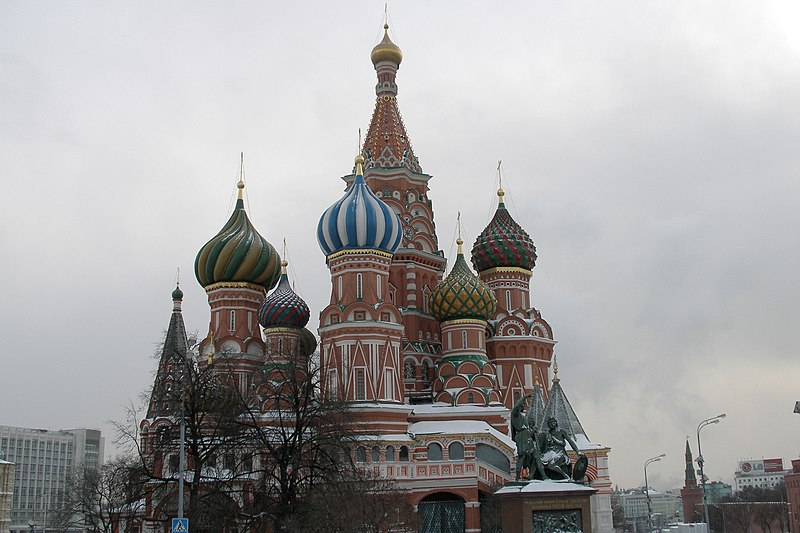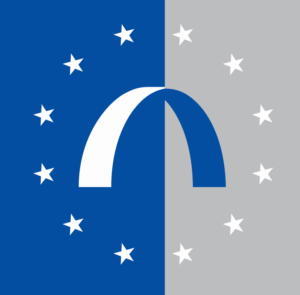Kratom in Russia
Russia is the largest country on the planet territorially and possesses important reserves of natural gas, oil and minerals, in addition to its direct access to the Arctic Ocean which, with the advance of global warming, will probably provide it with large reserves to be discovered and exploited. Behind the current Russian state there is the whole history of the former Soviet Union, which left as a legacy a great propaganda machine and a strong warlike power, of which its current president Vladimir Putin indirectly takes advantage to pressure Europe and the United States to yield to some of its interests.
The Russian Federation is extremely corrupt, unequal and authoritarian, where a few oil oligarchs have a voice, as long as they are aligned with the president. Political opposition is heavily fought and persecuted, with extreme cases of assassinations, imprisonment in confinement camps in Siberia and destruction of public life.
However, the Western public opinion of Russia as the villains of history is not a reasonable approach, for just as the United States has bombed territories for its economic and geopolitical interests, Russia defends what is in its interests by other means. There are no innocents, although basic individual freedoms and human rights of the citizens are severely degraded in that vast country.
“In Russia alcohol still reigns supreme and makes people forget that there are other ways to deal with some of their discomforts.”
Known for its extreme openness to alcohol, Russia is very restrictive with regard to other substances, and the main components of kratom (mitragynine and 7-hydroxymitragynine) have been illegal in the country since October 2011, being included in the list of narcotics, psychotropic substances and their precursors subject to control. It belongs to Schedule I of narcotic drugs, which means that its circulation is prohibited in the Russian Federation, so storage and purchase of kratom are illegal in the country.
In Russia almost nothing is as simple as it may seem at first glance: although banned, kratom was positively used by the national news agency RT, which is totally aligned with the government that provides its funding, to attack US organs that demonize the plant in the interest of defending the interests of big pharma that keep people addicted to opioids; a perverse, billion-dollar industry.
Likewise, in a country where excessive alcohol consumption is so culturally ingrained and socially accepted, with one of the highest per capita consumption levels on the planet, people prefer not to mess with what the State teaches to demonize since a very early age. Even cannabis is socially frowned upon, with severe punishments for even minimal doses for personal use.
The prohibition of kratom took place in a context of total obscurity, almost certainly without any scientific research behind it, and without there even existing a consumer market for the plant in the country. Unlike neighboring Ukraine, where it is possible to find many stores offering kratom, in Russia alcohol still reigns supreme and makes people forget that there are other ways to deal with some of their discomforts.

Will kratom ever succeed to get any attention in Russia?



